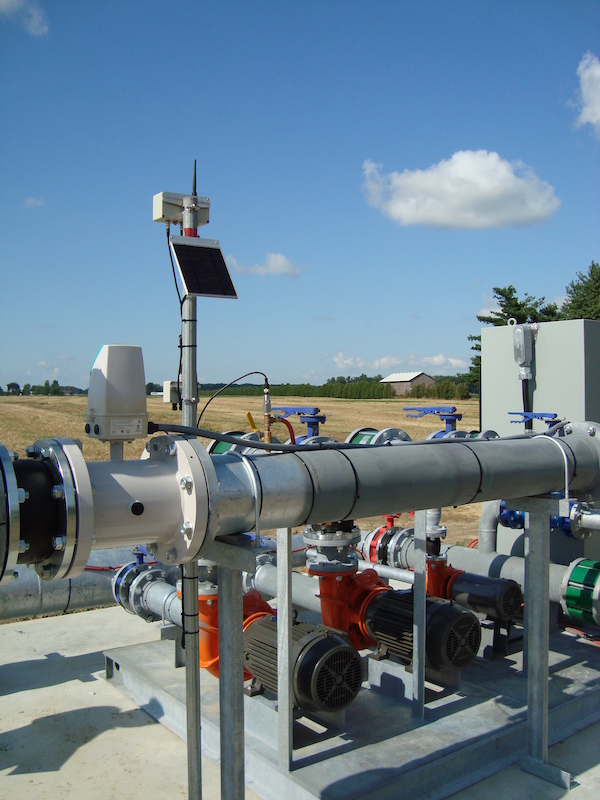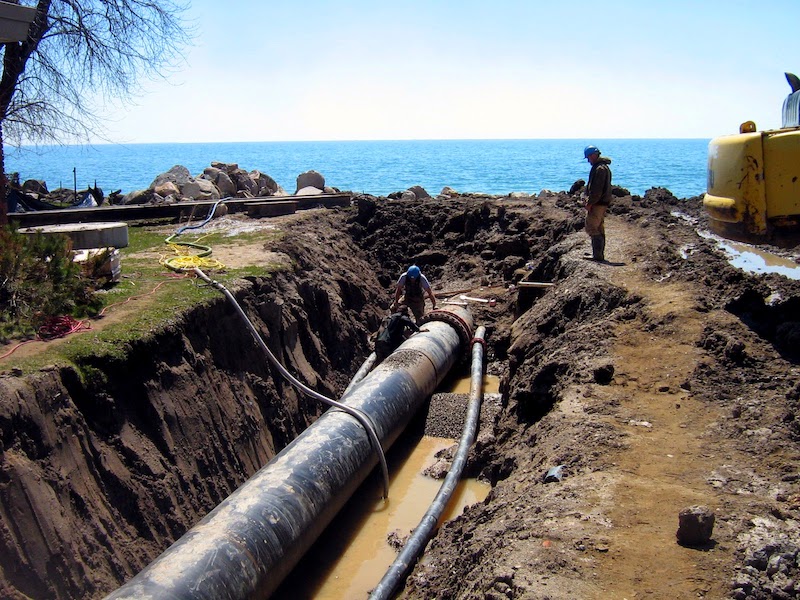Monitoring Water Flow for Ontario Tomato Farmers
Summary
Weather INnovations in partnership with Leamington Area Drip Irrigation Incorporation (LADII) are working together on a project for tomato famers to improve water efficiency for their operations. WIN has installed an adcon station at the pump station to monitor water flow. In 2009, an irrigation system consisting of 36km of pipeline was laid throughout Leamington that helps increase farmers yields from 30-40 tons/acre to 50-60 tons/acre.
Solution
In 2004, Dr. Ron Pitblado, of Ridgetown College and Weather INnovations Consulting LP, developed an advisory system to indicate the most suitable intervals for fungicide application. This advisory takes into account specific weather conditions, such as temperature and leaf wetness. Researchers from the Michigan Sugar Company, along with pathologists from Michigan State University, conducted trials to determine these initial optimum times. The ADCON telemetry units were placed strategically across the sugarbeet growing regions to monitor 3 risk areas, low, medium and high. The stations are installed in sugarbeet fields at planting time and remain there until it is time to harvest. The real-time weather data, along with 10-14 day forecasts drive the BEETcast™ disease advisory model.

Results
Due to the spatial distribution of the ADCON telemetry paired with WIN’s BEETcast™ model, growers have been able to reduce crop losses due to Cercospora by making informed and timely spray decisions. Along with BEETcast™, WIN has developed and included additional tools for growers which are accessible on michiganbeets.com including SPRAYcast®; Growing Degree Day based growth stage models, alerts and site specific field mapping.
Sustainable Success
The current project has been in place since 2004 collecting years of valuable information used in research and analysis by Michigan Sugar. The success of the Michigan Sugar network has branched off into smaller customized projects such as beet pile monitoring, using soil temperature probes installed in beet piles to monitoring hot spots ensuring quality through the winter months. The Michigan Sugar weather network has also played a role in capturing Cercospora spores in order to pinpoint infection periods more precisely.
The density and longevity of the network has allowed for more research into disease growth and susceptibility in sugarbeets. With extreme variability in temperature and rainfall, weather monitoring and decision support tools play an important role in growers’ on-farm decisions.

